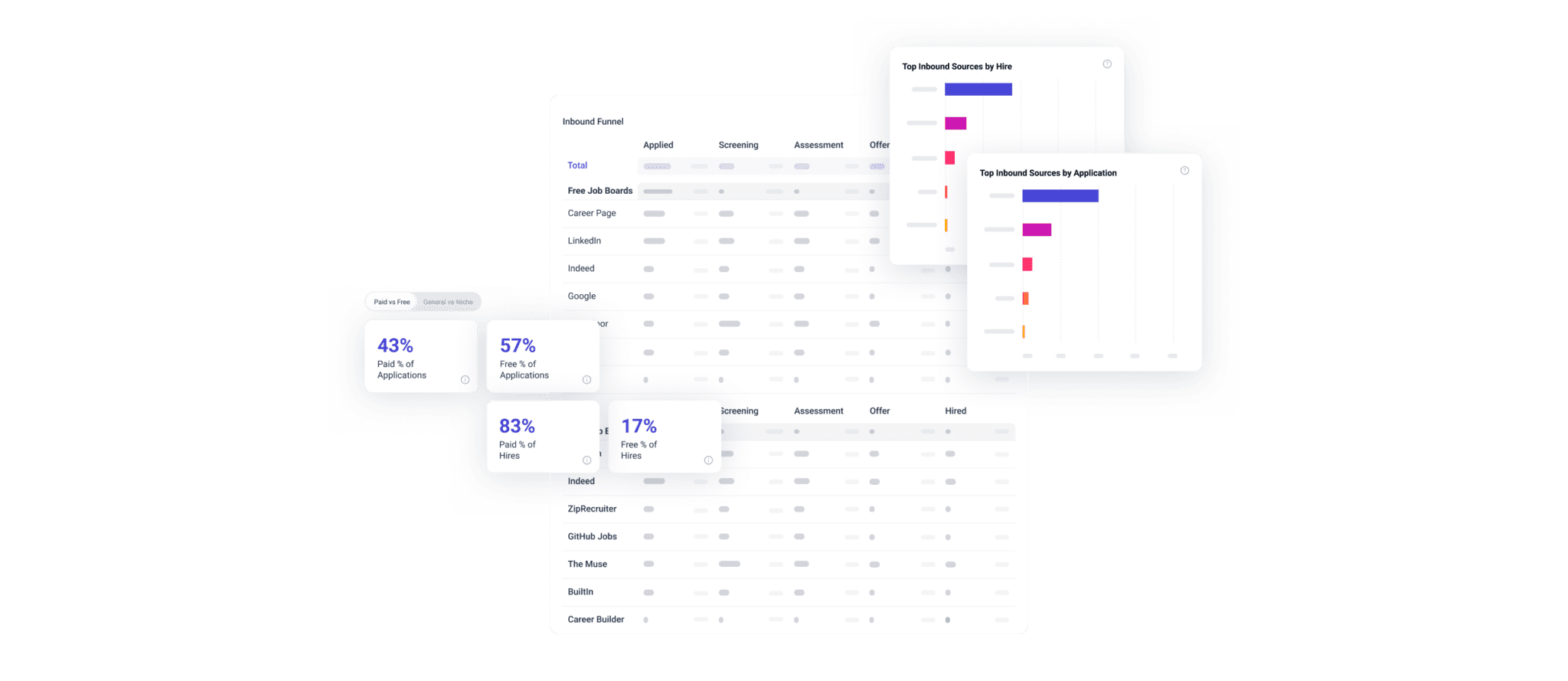Diversity, equity, and inclusion (DEI) is all about good-faith efforts and policies that promote inclusion and equity, which lead to diversity. Bad-faith efforts like tokenism aren’t DEI.
These days, organizations are focusing on creating inclusive practices to promote diversity, and increasing the diversity of interview teams is one way to do that. But there’s a big difference between real diversity and the appearance of diversity.
Tokenism in hiring is bias in favor of certain underrepresented identities. It typically occurs when hiring teams give preference to job seekers from historically underrepresented groups such as women and minorities. They do this to artificially increase the diversity of their candidate pools and workforces.
Merriam-Webster defines tokenism as “the practice of doing something (such as hiring a person who belongs to a minority group) only to prevent criticism and give the appearance that people are being treated fairly.” So, trying to make the company look more diverse than it really is.
Tokenism in interviews
Which brings us to tokenism during the interview process. Sure, increasing the diversity of an interview team can make a company appear more diverse at the time. But if it’s only a facade, then it’s just the Merriam-Webster version of tokenism.
Organizations that have policies and practices that enhance inclusion will naturally increase their diversity. Organizations that feign diversity but never foster inclusion will soon lose whatever diversity they create. (They essentially shoot themselves in the foot by faking it in the first place.)
Our position at Datapeople is that every job should be open to every qualified candidate, every time. Hiring teams should write job posts that are inclusive to everyone. They should promote their openings online where more people have access to them. And every step of the hiring process should be equitable and fair.
We frown on tokenizing employees for interviews just for the sake of ‘showing diversity.’ We don’t put people on interview teams unless they belong on the interview team. (If they’re not, they can meet the candidate at a later time.)
And we don’t bring candidates into interviews unless they’re qualified for the job. In the end, inclusive hiring practices eliminate the need to hand-pick candidates because of their background.







